Are Oil Diffusers Healthy?
Aromatherapy diffusers(otherwise known as essential oil diffusers) are the latest craze topping household must-have lists across the nation. These devices come in a variety of styles and use three primary methods to disperse essential oils into the air. The benefits and growing selection of essential oils are drawing the attention of homeopathic connoisseurs everywhere. Take a deep breath and learn about the health benefits of essential oils and which ones to use, and in no time, you will be comforted by the ambiance of natural perfumes throughout your home.
What Is An Oil Diffuser?
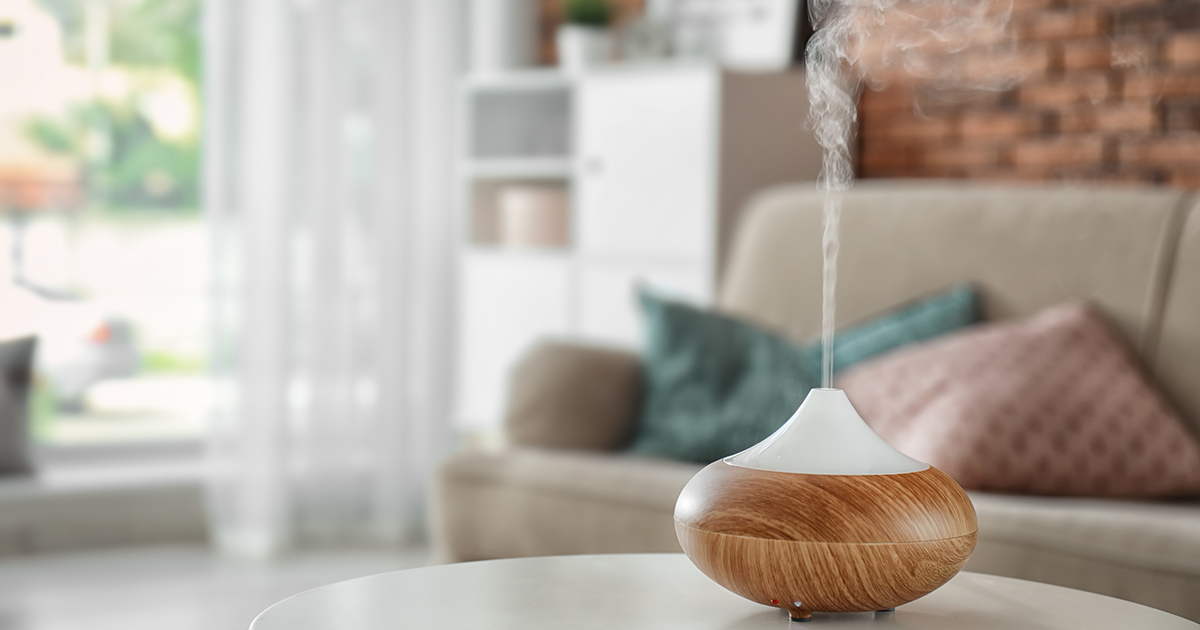
Asking someone what an oil diffuser is can lead to some complicated answers, as there are many different devices available on the market. Ultrasonic diffusers are some of the most affordable kits on the market but also the least dependable. They use ultrasonic waves and water to disperse essential oils into the air. Nebulizers, on the other hand, are some of the best models because they atomize the essential oils and make them easier to absorb during respiration. The other methods use a variety of evaporation and heating techniques to resonate the essential oil fragrance into the air.
Health Benefits
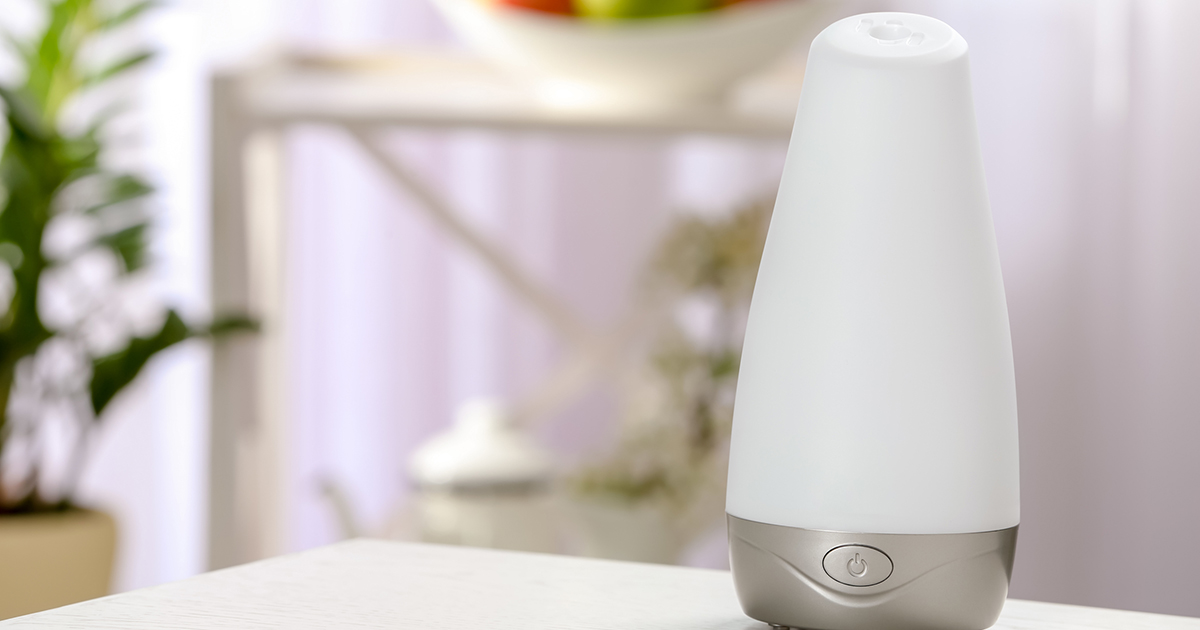
Unlike chemical fragrances, the absorption of essential oils may improve an individual's respiratory health, sleep, mood, immune system, memory, and concentration. Other essential oils are known to repel insects, reduce pain, stress, and anxiety, decrease bacteria in the environment, and boost energy levels. Heat powered dispersion devices are more useful for filling the room with a natural fragrance.
The atomization, evaporation, and ultrasonic methods are traditionally believed to be more beneficial by filling the air with a steady volume of mist. The mist carries traces of the essential oil in the opposite manner of rain carrying pollutants like nitric acid. Essential oils may be toxic if they are consumed directly, making the low volume of absorption from diffusion the optimal method for obtaining the health benefits of it without overexposure.
Oils To Use
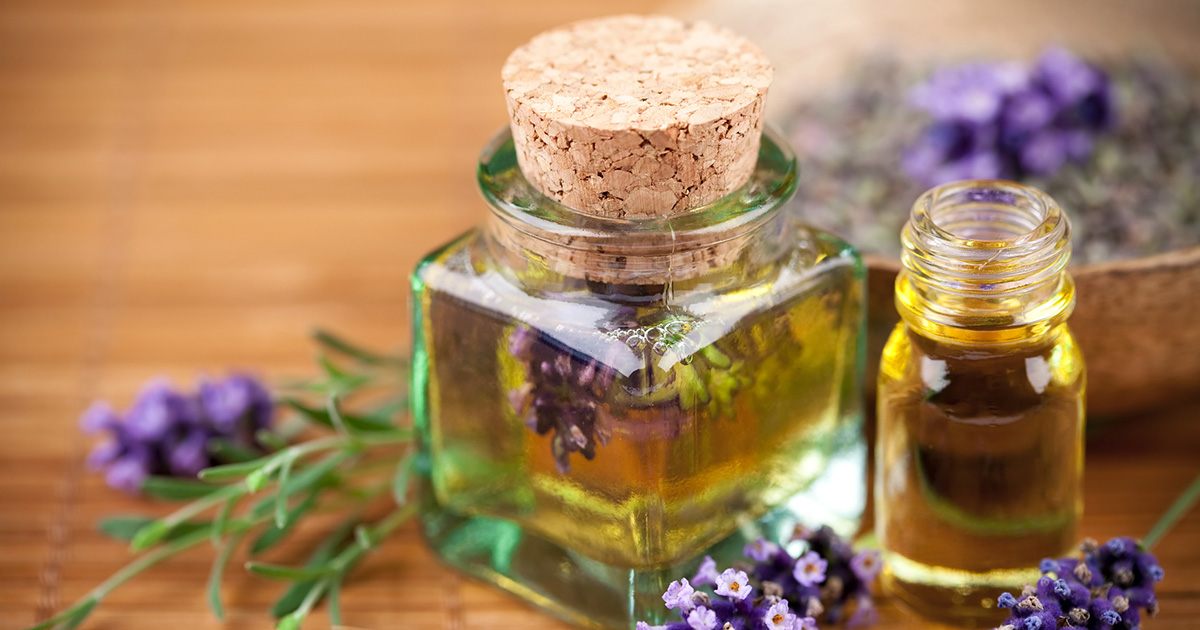
Frankincense, grapefruit, lavender, lemon, and roman chamomile are often thought to be the safest oils to use around healthy children and dogs. In any case, individuals must follow the instructions for their diffuser, use the minimal amount of oil, and allow fresh air to circulate quickly if the intensity becomes overbearing. However, cats can suffer serious problems if they are exposed to some of these specific essential oils and others.
Frankincense, eucalyptus, grapefruit, lemon, tea tree, peppermint, oregano, and clove oils are known to be particularly harmful and downright dangerous to use with cats. Also, small birds have very delicate respiratory systems, and if individuals own small birds, they might want to reconsider using essential oils within their home. For instance, chocolate, certain medicines, burnt Teflon, and numerous other substances can have toxic effects on animals yet are perfectly safe for humans. Therefore, always consider your pets and children before purchasing an oil diffuser, or use it in rooms they don't often occupy.
Health Risks
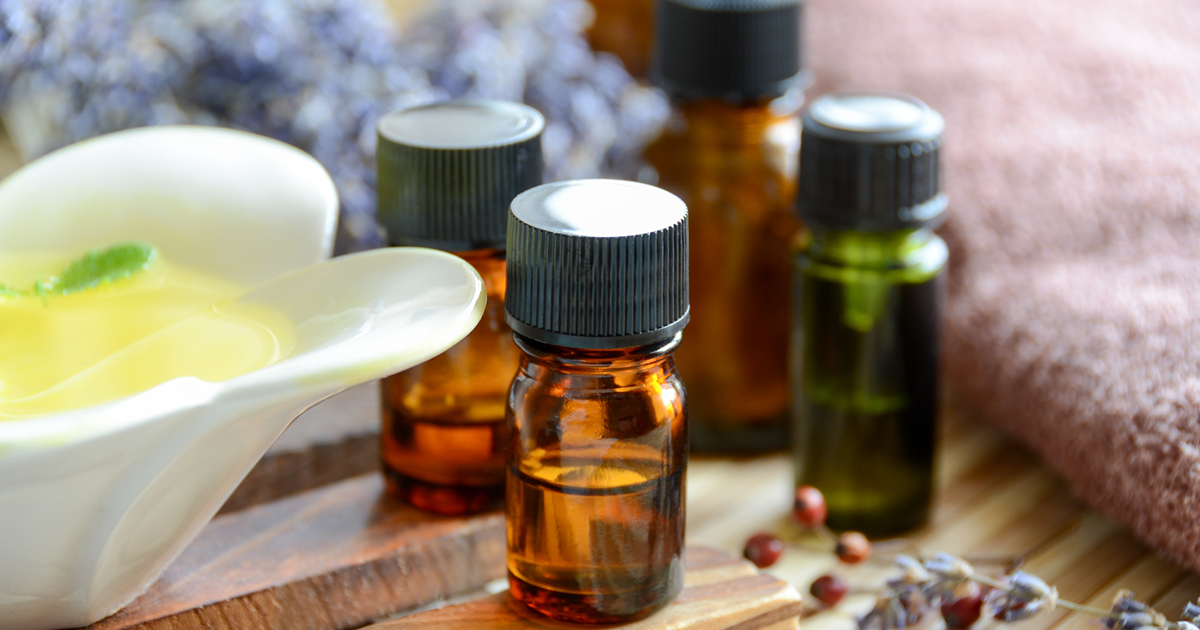
There are very few health risks associated with essential oils when individuals follow the instructions for their aromatherapy diffuser correctly. The health risks of essential oil toxicity are associated with ingestion or topical application. A limited number of essential oils have been deemed safe by the Food and Drug Administrationfor consumption in tea or as an additive when diluted. Essential oils are highly concentrated and should never be used in any manner beyond a few drops. They may not be healthy for individuals who are sensitive to smells, such as elders, children, and women who are pregnant or breastfeeding. Essential oils can also irritate and exacerbate respiratory problems in some individuals.
Is It Safe For Kids And Pets?

As stated, it is not safe to use essential oils around smaller pets such as cats, puppies, birds, ferrets, hamsters, mice, rabbits, or fish. However, there are a limited number of essential oils that may be safe to use around children and pets. Babies under six months old are the exception and should never be exposed to any essential oils. It may be safe to use the milder essential oils with children and dogs that are large enough not to feel overwhelmed by the smell. Therefore, the question "is it safe for kids and pets" is more complicated than it may seem. Since everyone is different, the use of essential oil diffusers may boil down to sensitivity in individuals who may be just as sensitive to any commercial air deodorizer or strong smells in general.
Consider Purity And Chemical Composition
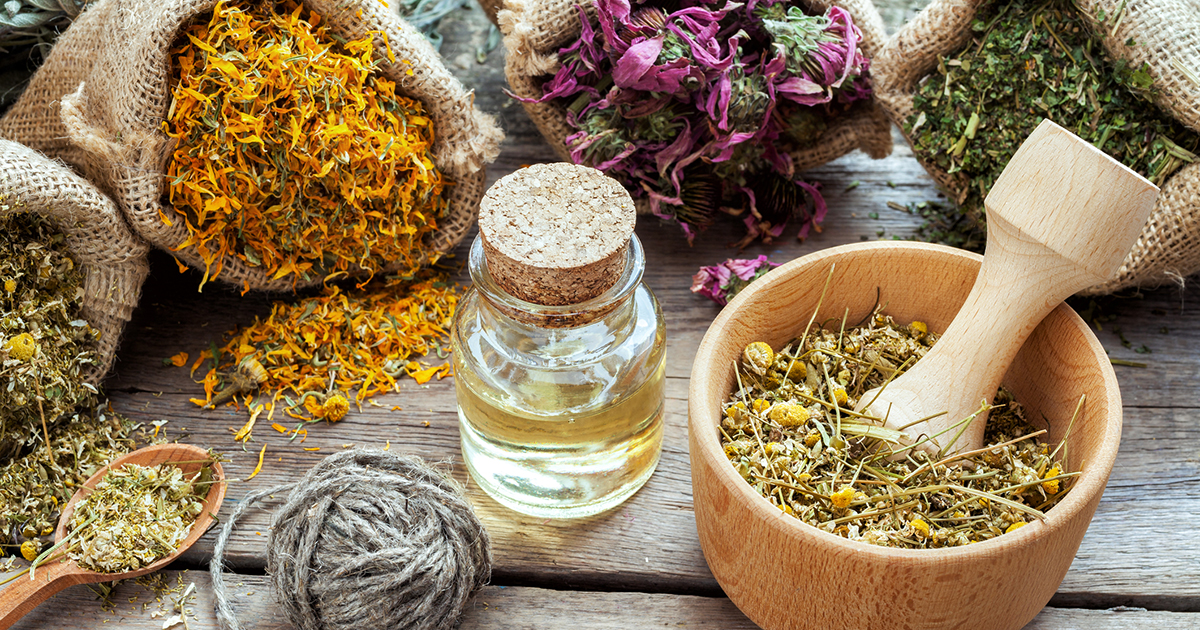
When looking at essential oils and oil diffusers, individuals need to consider purity and chemical composition prior to making the decision to purchase. Some of the essential oils used with diffusers may be low quality, and they could contain harmful additives. Customers should carefully read the label on any essential oils they are thinking of buying. Ideally, they should purchase organic oils, and customers might want to opt for oil with the fewest possible ingredients as well. It is important to research any ingredients on the label that are not recognizable. In terms of chemical composition, some oils used with diffusers might impact the effectiveness of prescription medication.
For example, studies suggest anise essential oil could reduce the efficacy of antidepressants, and it might increase the effects of drugs on the central nervous system. Abies balsamea (fir) essential oil affects the liver, and it may reduce the effectiveness of some medicines used to treat diabetes. Since inhalation is the fastest way for a chemical to reach the bloodstream, patients with underlying health conditions need to pay special attention to essential oil ingredients, and they may wish to consult with their healthcare provider before taking part in aromatherapy.
Topical Use Versus Ingestion
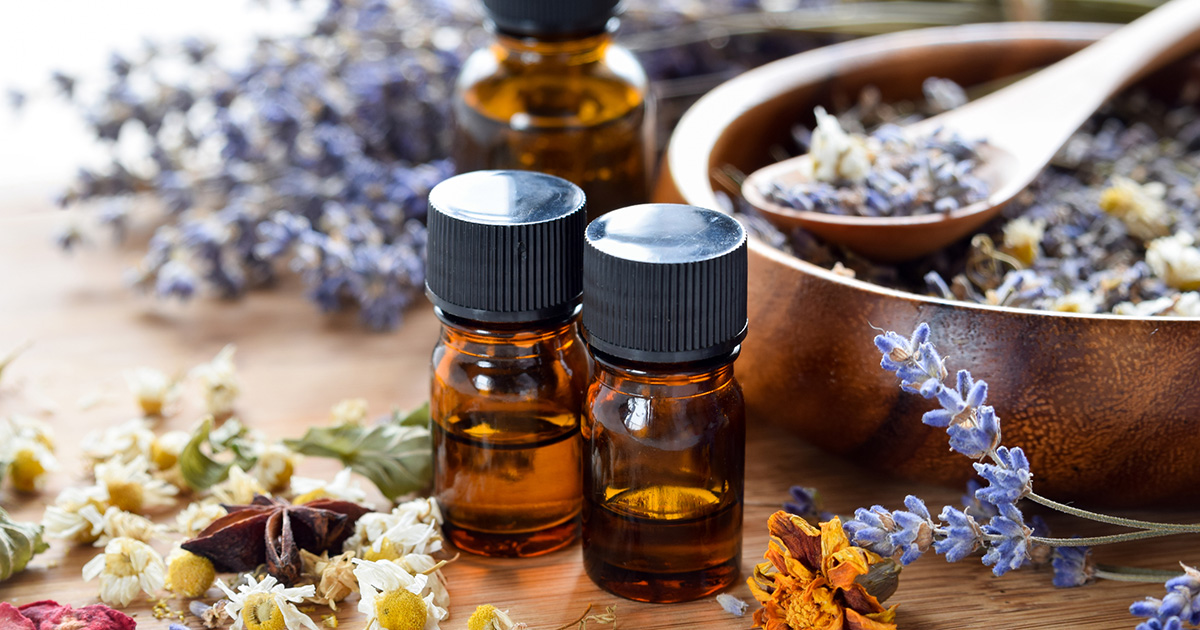
In terms of topical use versus ingestion, patients hoping to use essential oils need to consider the appropriate application method for each particular type of oil. Prior to topical use, patients should perform a skin patch test to check for any irritation that might develop. The skin patch test is carried out by cleaning the inside of the forearm with soap and water. Next, the essential oil should be applied to the area in a quantity that moistens the site without saturating it. The application site should be covered with sterile gauze, and this needs to be left in place for twenty-four hours. After that time, the gauze can be removed, and the site should be inspected for any redness, skin peeling, or other signs of irritation.
If the patient experiences a burning sensation or itchiness during the twenty-four-hour patch test, the gauze should be removed immediately, and the application site should be washed with a base oil or full-fat milk to promote fast recovery. Aromatherapists advise against topical application of oils containing cinnamon, cloves, or lemongrass, as these are associated with skin irritation for many individuals. In terms of oral use (ingestion), only a few essential oils can be safely used in this manner, and clinicians recommend that patients avoid ingesting essential oils unless they are doing so with the guidance of a registered aromatherapist or physician. Tea tree oil and eucalyptus oil are associated with high rates of poisoning when ingested.
Importance Of Ventilation

Individuals using essential oils need to be mindful of the importance of ventilation. Diffusers need to be used in a well-ventilated area. Ideally, the area should have a fan for ventilation or a window that can be opened. The use of diffusers in closets or other small spaces is not recommended. Electric diffusers are generally regarded as the safest types of diffusers, and experts suggest these be plugged in for between thirty to forty-five minutes at a time. After this period, the diffuser should be unplugged for a little bit.
Diffusers should not be left on overnight. Some electric diffuser models have an automatic shut-off feature that turns the diffuser off after twenty to thirty minutes; these models can be ideal for busy individuals. Patients who have pets should ensure the diffuser is placed in an area where the pet can exit if desired; some oils could be irritating, particularly for cats. Individuals using diffusers should watch for symptoms such as headaches, eye irritation, and breathing difficulties. These could indicate the oil diffuser needs to be moved to an area with better ventilation or that it is too highly concentrated.
Essential Oils During Pregnancy

Pregnant women are more sensitive to the effects of essential oils than other patient populations, and the use of essential oils during pregnancy should be approached with caution. Many essential oils are unsafe during pregnancy, including basil, birch, hyssop, tea tree, and rose. These oils could cause stimulation of the uterus, and they may affect blood pressure or have potential risks for the fetus. Oils known to be safe for use by pregnant women include lavender, bergamot, lemon, ylang-ylang, and frankincense.
Oil diffusers are the safest method for essential oil use during pregnancy; topical use and ingestion tend to have much stronger effects. Women who are pregnant or breastfeeding should always ask their healthcare team about the safety of essential oils for their particular health status, and they may wish to use essential oils under the guidance of a provider who has experience in clinical aromatherapy.
Importance Of Dilution
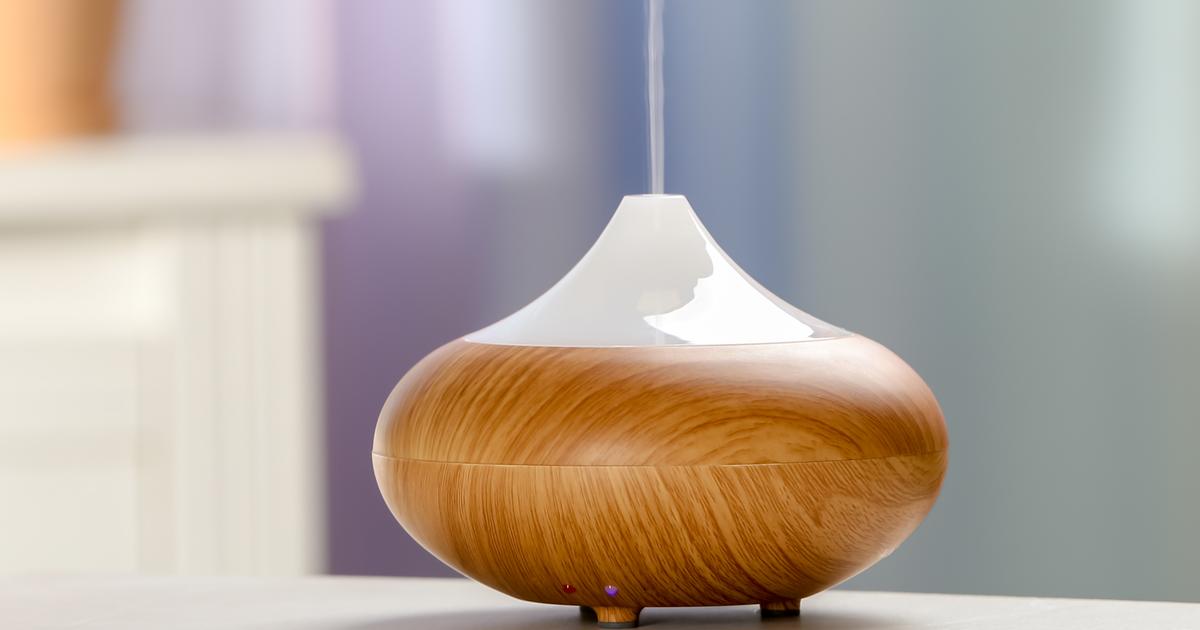
The importance of dilution of essential oils cannot be overstated. Improper dilution of these oils could create overly concentrated solutions, and this might have toxic effects if the oils are ingested or used incorrectly. Patients should educate themselves on proper dilution ratios and carrier volumes, each of which will vary depending on the specific oils used. In general, a carrier volume for a one percent solution in a half-ounce container would include only three drops of the essential oil. The recommended dilution ratio for use with elderly individuals and children is 0.5 percent, and a two percent dilution ratio is recommended for oils intended for topical use. Concentrated massage oils intended to be used on a small area can be safely diluted at a four percent ratio.
